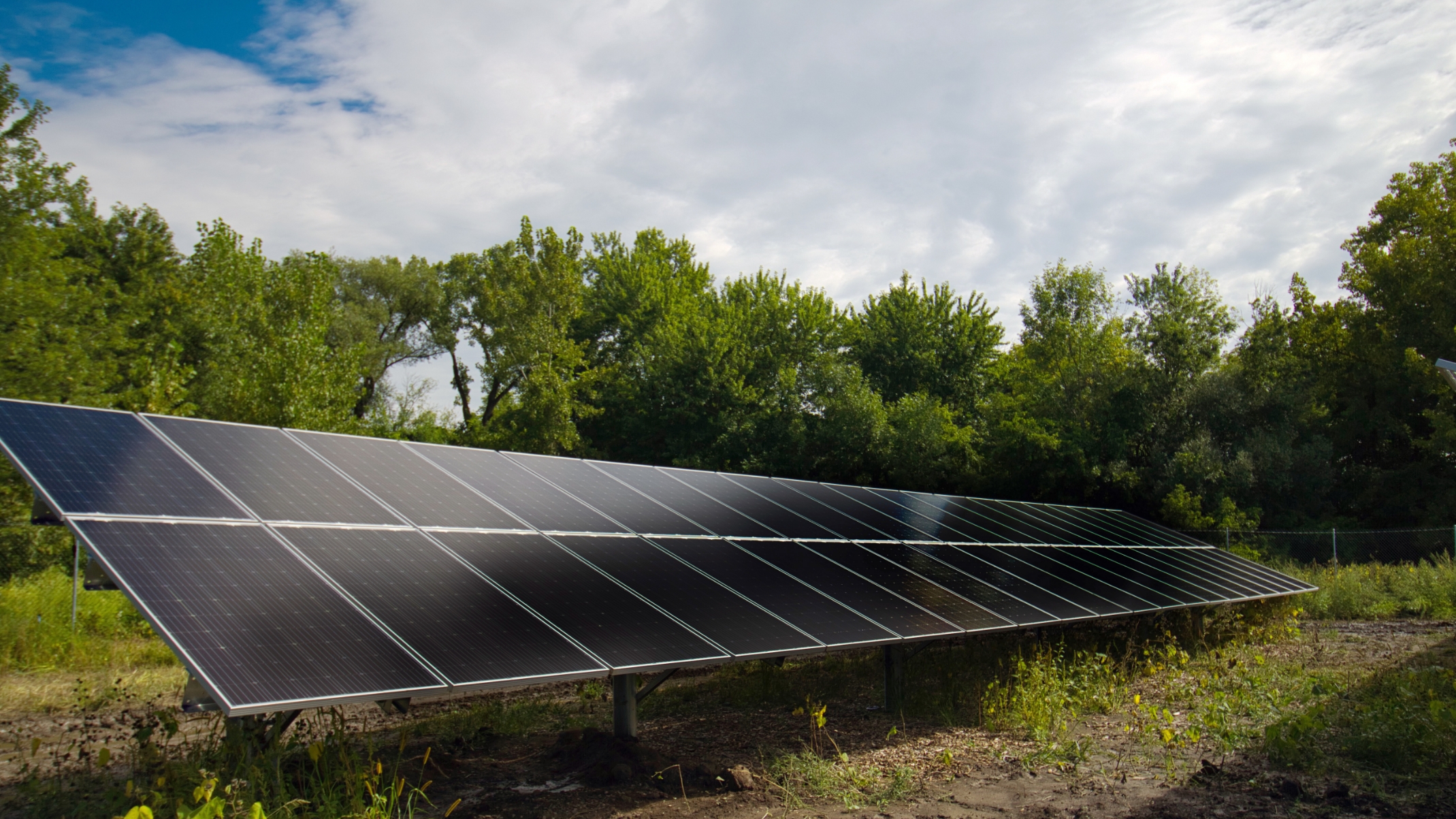
Transition of Residential Services
As announced on April 12th, 2024, Nelnet Renewable Energy is making a strategic shift in its solar engineering, procurement, and construction (EPC) operations to focus exclusively on the commercial solar market. This decision underscores the company’s commitment to leveraging its technical and project management strengths in a market that has shown robust growth potential and aligns with its long-term vision for sustainability, operational excellence, profitability, and energy innovation.
Nelnet Renewable Energy Sharpens Focus on Commercial Solar
In the face of challenging regulatory and economic conditions within the residential solar market, Nelnet Renewable Energy has made the decision to shut down its residential solar operations. Nelnet Renewable Energy will honor its existing warranty and contractual obligations for residential projects installed to date and will proactively communicate with customers and other relevant stakeholders about available service and support.
Current customers: Within the next week you should have received an email regarding the status of your project, and how this news may or may not impact you. We understand this transition may prompt questions. Our team is happy to help where we can. You can reach out to us at SolarSupport@nelnet.net or 844.765.2703 for any assistance you may need. We will strive to make this transition as seamless as possible.
For more information regarding this decision, please read the full press release.

Contact Us
Have any questions regarding the transition?
- Phone: 844.765.2703
- Email: SolarSupport@nelnet.net